In a recently released report, the United Nations Conference on Trade and Development (UNCTAD) predicted that the size of the global AI market in 2033 could be equivalent to the size of the German economy as technology helps improve work efficiency and promote digital transformation.
However, the agency also worries that AI will affect 40% of jobs. On top of that, because it is not widely used, the economic benefits from AI are still concentrated in one group, widening inequality between countries and reducing the competitive advantage of cheap labor in developing countries.

The prospect of AI causing unemployment and inequality is a concern for many organizations. The International Monetary Fund (IMF) issued a similar warning a year ago.
In January, the World Economic Forum released a report showing that 41% of employers plan to reduce staff in areas that can be replaced by AI.
According to UNCTAD data, 40% of global corporate R&D spending on AI is concentrated among 100 companies, mainly in the US and China. Moreover, “giants” such as Apple, Nvidia, Microsoft have a capitalization equivalent to the GDP of the whole of Africa.

AI dominance at both the corporate and national levels threatens to widen the technology gap, putting many countries at risk of being left behind.
UNCTAD notes that 118 countries – mostly in the global South – are absent from key AI governance discussions.
However, the report also points out that AI “can create new industries and empower workers,” as long as there is reasonable investment in reskilling or upskilling.
However, for developing countries to not fall too far behind, they must have a seat at the table when it comes to AI governance rules and ethical frameworks.
UNCTAD makes a number of recommendations to the international community to promote inclusive growth, including public AI disclosure mechanisms, shared AI infrastructure, use of open-source AI models, and AI knowledge and resource sharing initiatives.
“AI can be a catalyst for progress, innovation, and shared prosperity – but only if countries proactively shape its trajectory. Strategic investment, inclusive governance, and international cooperation are critical to ensuring AI benefits all, rather than reinforcing existing divides,” the report concludes.
(According to CNBC)
Source: https://vietnamnet.vn/lien-hop-quoc-tri-tue-nhan-tao-co-the-anh-huong-40-viec-lam-2388329.html



![[Photo] Bustling construction at key national traffic construction sites](https://vphoto.vietnam.vn/thumb/1200x675/vietnam/resource/IMAGE/2025/5/2/a99d56a8d6774aeab19bfccd372dc3e9)







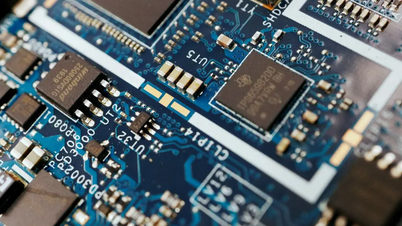






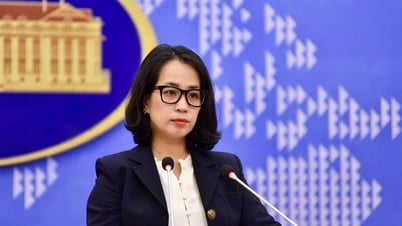


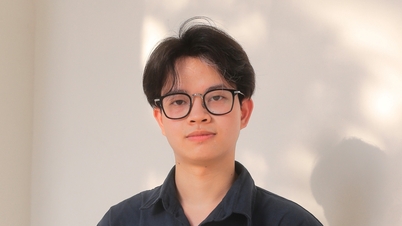


![[Photo] "Lovely" moments on the 30/4 holiday](https://vphoto.vietnam.vn/thumb/1200x675/vietnam/resource/IMAGE/2025/5/1/26d5d698f36b498287397db9e2f9d16c)

![[Photo] Binh Thuan organizes many special festivals on the occasion of April 30 and May 1](https://vphoto.vietnam.vn/thumb/1200x675/vietnam/resource/IMAGE/2025/5/1/5180af1d979642468ef6a3a9755d8d51)








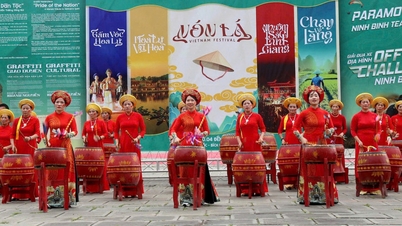








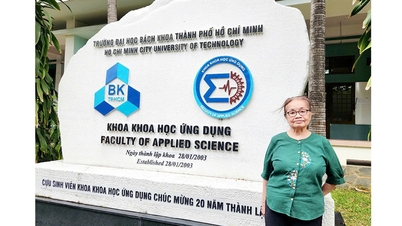

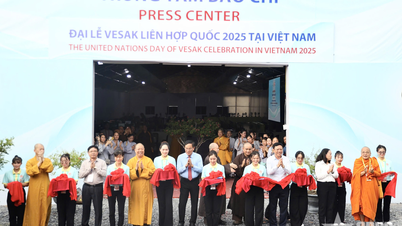











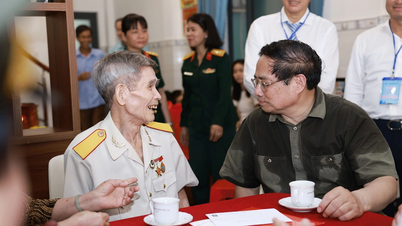


































Comment (0)